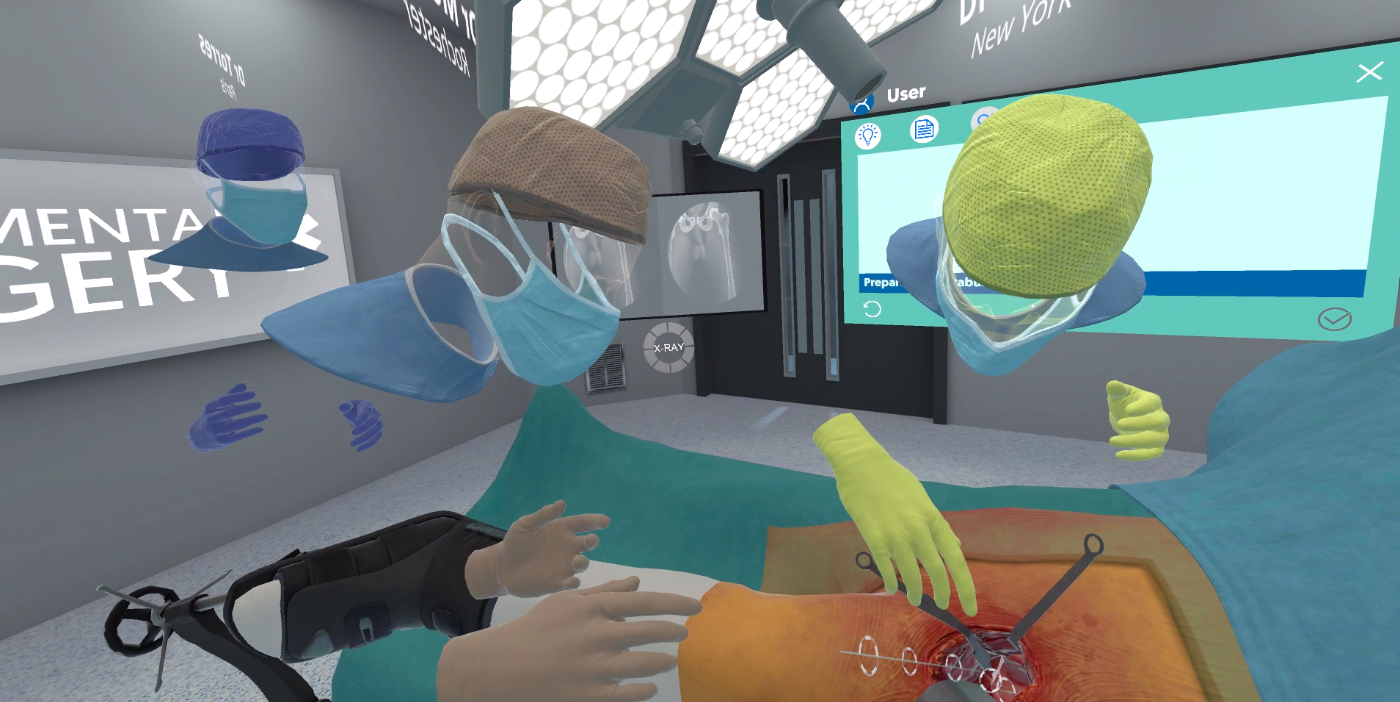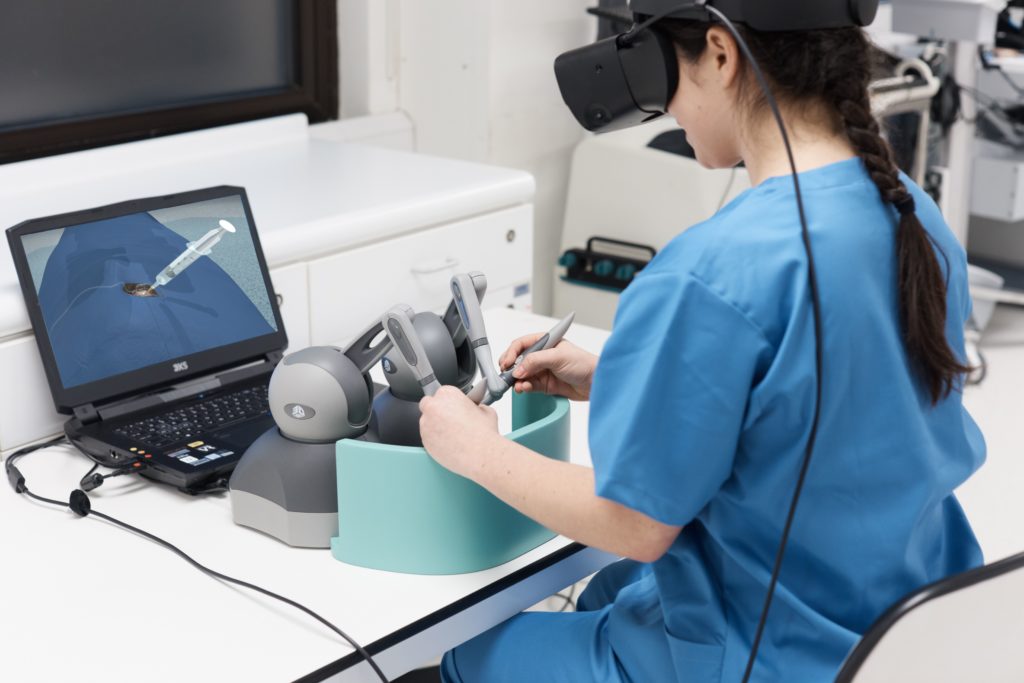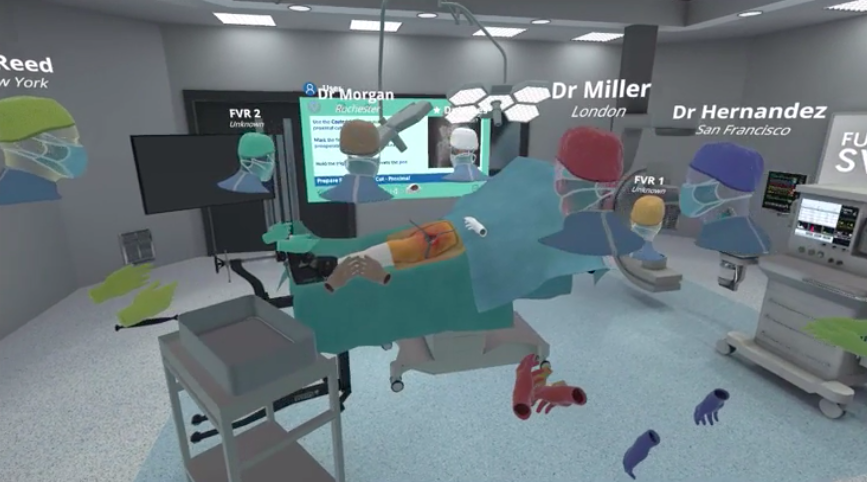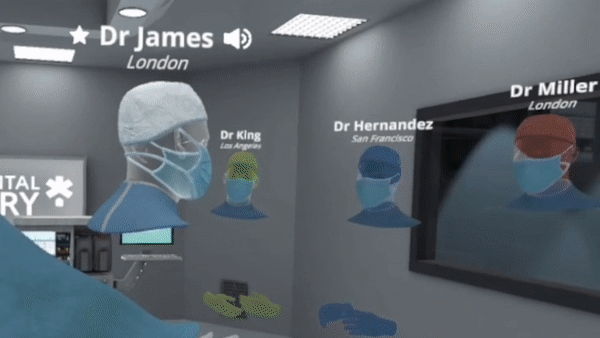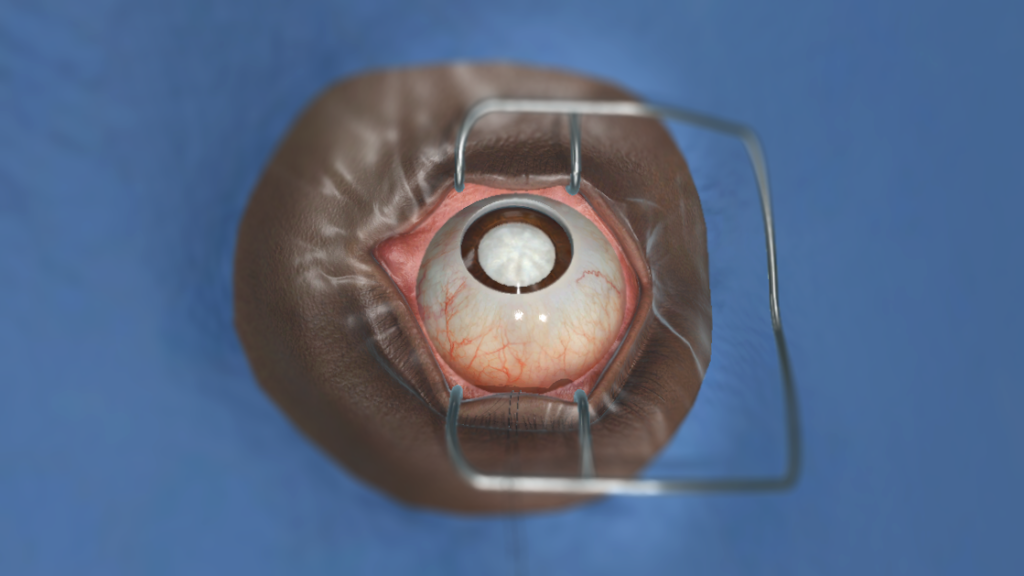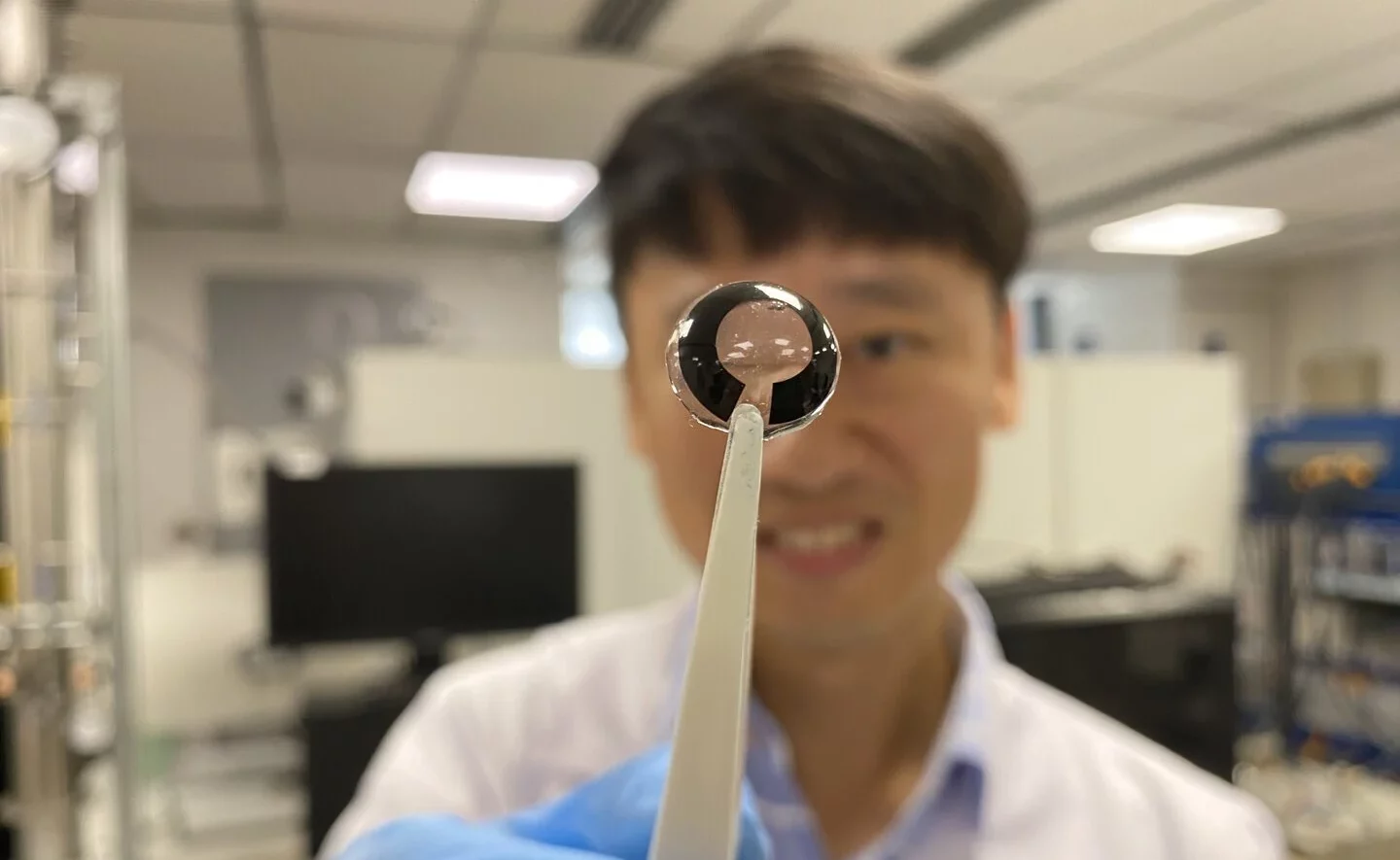FundamentalVR’s multi-person training platform could be the future of remote education for the growing medical sector.
In terms of VR-based medical education, few companies are pushing the envelope quite like FundamentalVR. Since the launch of its remote training platform Fundamental Surgery in 2018, the London-based technology and data insight business has established itself as one of the leading providers of professional-grade surgical simulations, offering students and professionals alike an easier way of maintaining the skills necessary to perform effectively in the operating room.
By employing a unique combination of haptic technology and hardware-agnostic software, Fundamental Surgery is able to deliver a genuine sense of touch when performing key surgical actions, interacting with specific medical tools, and operating on different tissue variants. The result is a hyper-realistic simulation that allows students to develop the muscle memory needed to properly operate on human patients.
This past April the company introduced @HomeVR, an education modality designed for standalone headsets such as the Oculus Quest and HTC Vive Focus Plus. While the companies original program offers hospitals and medical facilities high-end VR simulations, @HomeVR offers a haptic-less version of the platform designed to remain accessible while at the same time delivering professional-grade simulations accredited by actual medical professionals. This also includes a dedicated Teaching Space where an unlimited number of users can congregate in VR to discuss test results, review course material, and watch live operations in real-time.
“Leveraging low-cost hardware, our multimodal platform allows medical institutions to take advantage of the proven benefits of surgical simulations at scale, and in ways that ensure the consistency of training delivery, and effectiveness of their curriculums,” said Richard Vincent, CEO, and co-founder, FundamentalVR, in an official release.
“The @HomeVR modality provides a highly mobile and cost-effective way to acquire the knowledge and understanding of the technical skills required to carry out surgical procedures,” he continues, “The HapticVRTM modality helps students apply and deepen this knowledge while becoming proficient in the skills required to carry out the procedures. Together, they provide a more powerful education platform. No other software platform can do both nor have received CME or CPD accreditation from the American Academy of Orthopaedic Surgeons and the Royal College of Surgeons of England.”
Not too long ago I had a chance to experience this intuitive training solution for myself and my results were—predictable to say the least.
Before I could begin operating on a virtual patient, however, I first needed to brush up my skills inside the Teaching Space. Joined by FundamentalVR’s Richard Vincent and Anabelle Miles, I logged into the digital classroom and was immediately greeted by the pair. Even in VR, we adhered to proper safety requirements by wearing gloves, masks, and colored scrub caps designed to help set us apart in the operating room.
Here I was given an extensive rundown of the many useful applications this digital waiting room serves, from spectating real-world operations alongside instructors who can provide context as to what’s happening onscreen to reviewing key information and reference documents via a digital whiteboard. According to Vincent, the VR space is capable of supporting up to 70 users at one time. Those without VR hardware can also participate via a computer or smart device.
What I appreciated most about the Teaching Space was how natural the interactions felt. While it may sound like a relatively simple feature, the ability to express unique hand gestures added greatly to the experience, as did the ability to interact with various objects around the room and take notes using virtual markers. The more I learned about the Teaching Space, the more it felt like an actual classroom.
It is also here students and their instructors can breakdown their performance on past simulations. Trainees are graded based on a wide range of factors, from surgical gaze to the efficiency of their movements. When stuck in a pinch, you can request assistance from the program, though any hand-holding will have a negative impact on your overall score. This information can be accessed by overseeing educators in real-time, allowing them to provide instantaneous feedback.
While the @HomeVR simulations may not be as realistic as the ones provided by the haptic-infused platform, they do serve as a scalable alternative perfect for those looking to brush up on their skills at home or in the classroom.


While the @HomeVR module features multiple real-world operations to simulate, I began my medical journey with a simple Total Hip Arthroplasty (Anterior Approach). Entering the virtual operating room, I grabbed the designated medical tool and began following the on-screen instructions provided. Anyway, things were going great. That is until I botched a critical incision on my patient, resulting in a failing grade and my subsequent shunning from the medical community.
After a handful of failed attempts, I hung up my scrubs in shame and exited the virtual operating room, never to return again. I didn’t need to look too deeply into my post-op report to figure out what skills I needed to improve. It was everything. Pretty much everything. But I guess that’s why we leave the life-saving to the medical professionals and not a 29-year-old writer with a concerning amount of unearned confidence.
For those with at least a fundamental (oh my god, I just got it) understanding of medicine, Fundamental Surgery represents the next generation of professional-grade surgical training.
Whether it be their HapticVR surgical simulations or more-accessible @HomeVR education modality for standalone headsets, FundamentalVR is leading the charge for VR-based medical training. After going hands-on with Fundamental Surgery on Oculus Quest, I can’t wait to see what’s next for this ambitious platform.
Feature Image Credit: FundamentalVR
The post I Tried FundamentalVR’s Surgical Training And Things Did Not Go Well appeared first on VRScout.
